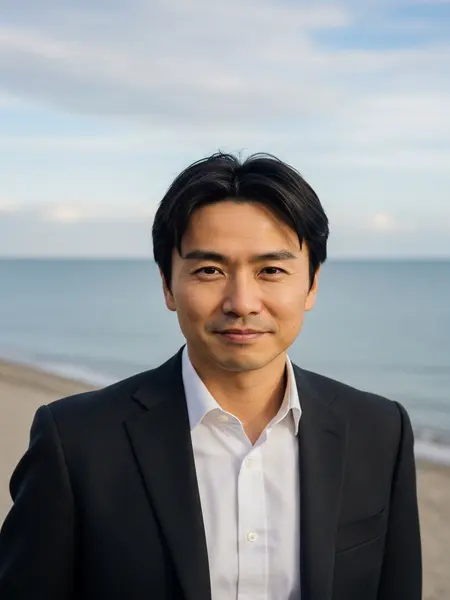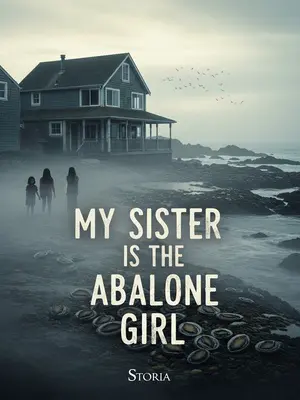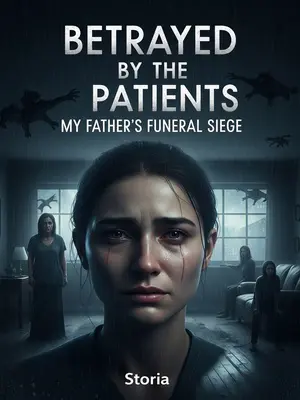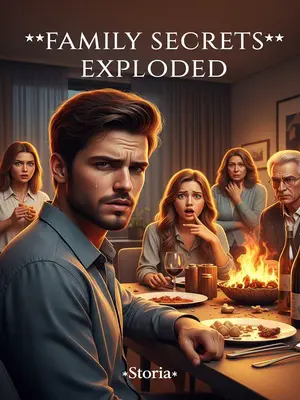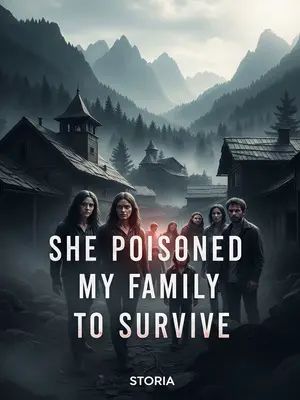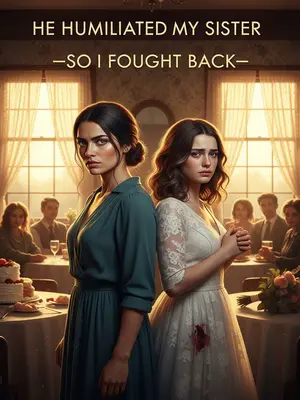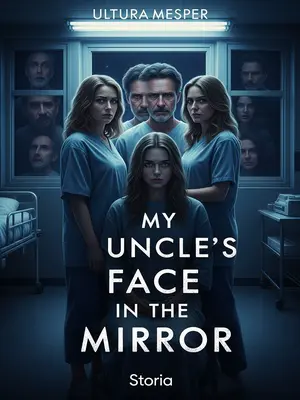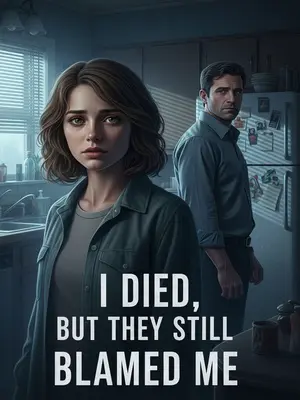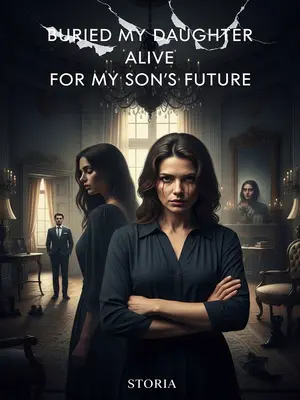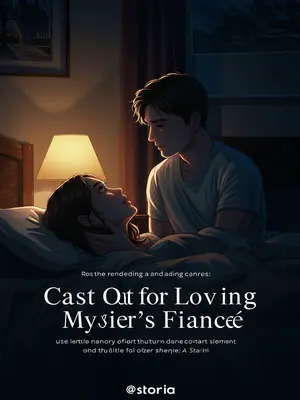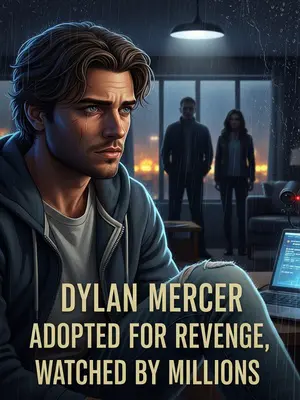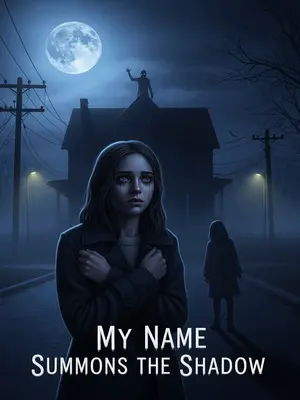Chapter 2: My Brother’s Last Confession
Because just last night, my brother knocked on my door.
I remember the sound—three soft knocks, barely more than a whisper. I almost didn’t open it. But then I heard his voice.
He was crying when he told me:
His eyes were red, face blotchy. He sat on the edge of my bed, and he kept wringing his hands. I’d never seen him look so small, so lost.
“Lila, maybe we’re not even people. Maybe we’re just livestock, kept by humans…”
He said it so quietly, I almost missed it. His voice cracked, and he wiped his nose on his sleeve. I wanted to tell him he was wrong, but the words wouldn’t come.
My brother was always quiet. He struggled with mental illness.
He’d always been different—gentle, a little strange. Some days he’d talk for hours, other days he wouldn’t say a word. The town whispered about him, but he was my brother. I loved him, even when I didn’t understand.
When it hit, he’d sneak out and run naked in the wind, shouting as he ran, “I’m not sick! I’m not sick! Let me out! Let me out!”
I remember chasing after him, barefoot and breathless, praying he wouldn’t cross the line. Sometimes I’d catch him by the old barn, laughing and crying at the same time. Those were the worst days—when he seemed both there and not.
Whenever that happened, the mayor would send people to drag him to the town clinic for treatment. For discipline.
They’d come in the middle of the night, flashlights blazing, voices cold. I’d hide under my blanket, listening to the sounds—boots on floorboards, Danny’s muffled screams. The clinic—nobody talked about it. It was just pain.
Every time, he came back looking like he’d been through hell.
He’d shuffle into his room, eyes hollow, skin pale. He never talked about what happened, but sometimes I’d see bruises on his arms, cuts on his wrists. Mom would weep quietly, dabbing at her eyes with a handkerchief.
After that, the mayor warned my parents sternly: “If Danny keeps running his mouth, you’re asking for trouble.”
He said it with a smile that never reached his eyes. Dad would nod, lips pressed tight, but I could see the fear in his face. We all knew what happened to people who made trouble.
But there was nothing we could do. The episodes hit like thunder—no way to see them coming.
We tried everything—meds, prayers, locking the doors at night. But Danny was a force of nature. You couldn’t hold him back when the storm hit.
I never thought this time he’d go too far and actually try to escape.
I’d always believed we could keep him safe, that the rules would protect us. I was wrong. The rules only protected themselves.
You have to understand—our town has been quarantined for decades because of a terrifying, unknown virus.
It was all we’d ever known—fences, checkpoints, the white line at the edge of town. Stories about the virus were told like bedtime tales, meant to scare us straight.
To leave, you have to meet two conditions:
1. Be eighteen or older, with a strong immune system.
2. Pass quarantine and get the blue stamp.
There was a whole ritual to it—blood tests, interviews, a week of observation. Everyone waited for their turn, counting down the days like prisoners hoping for parole.
Anyone who tries to escape without the stamp is to be shot on sight!
It wasn’t just a rule—it was a threat, carved into the very bones of the town. Kids whispered about it at sleepovers. Parents warned their children, “Stay inside, or you’ll end up like the ones who tried to run.”
This time, my brother broke the iron law. Not even his illness could save him.
The town made no exceptions. Danny’s sickness was just another mark against him—a reason to be afraid, to obey.
Mom was devastated. She cried all day.
She wandered the house, clutching his old sweatshirt, eyes red and swollen. I tried to comfort her, but nothing helped. The house felt empty, haunted by his absence.
